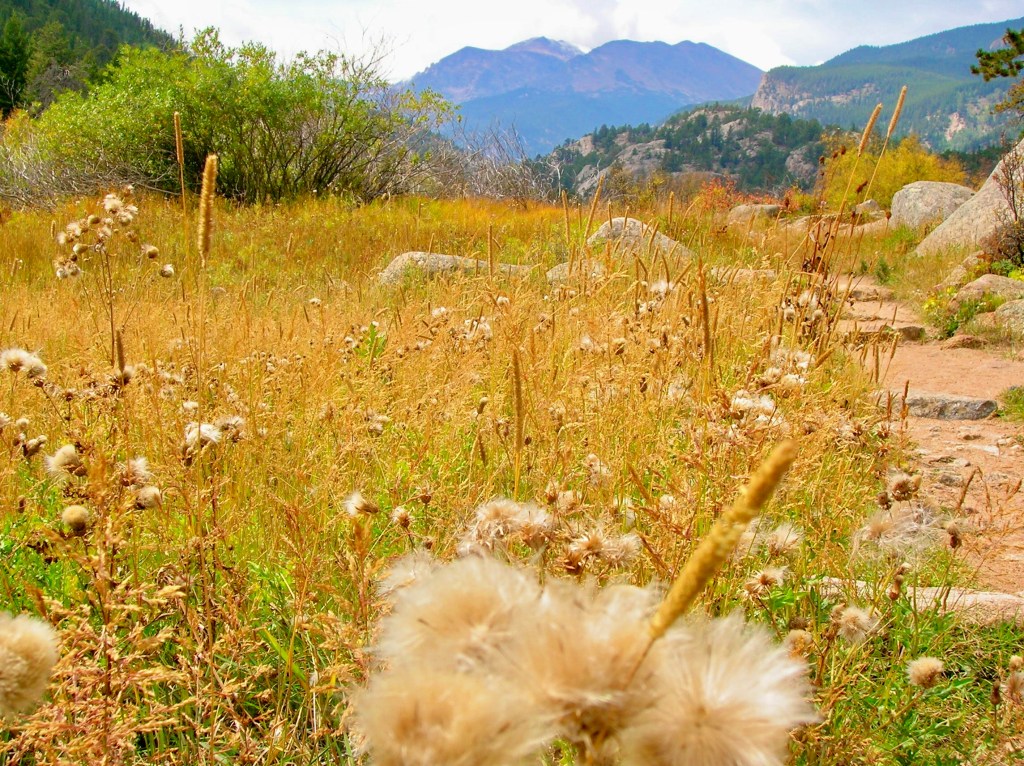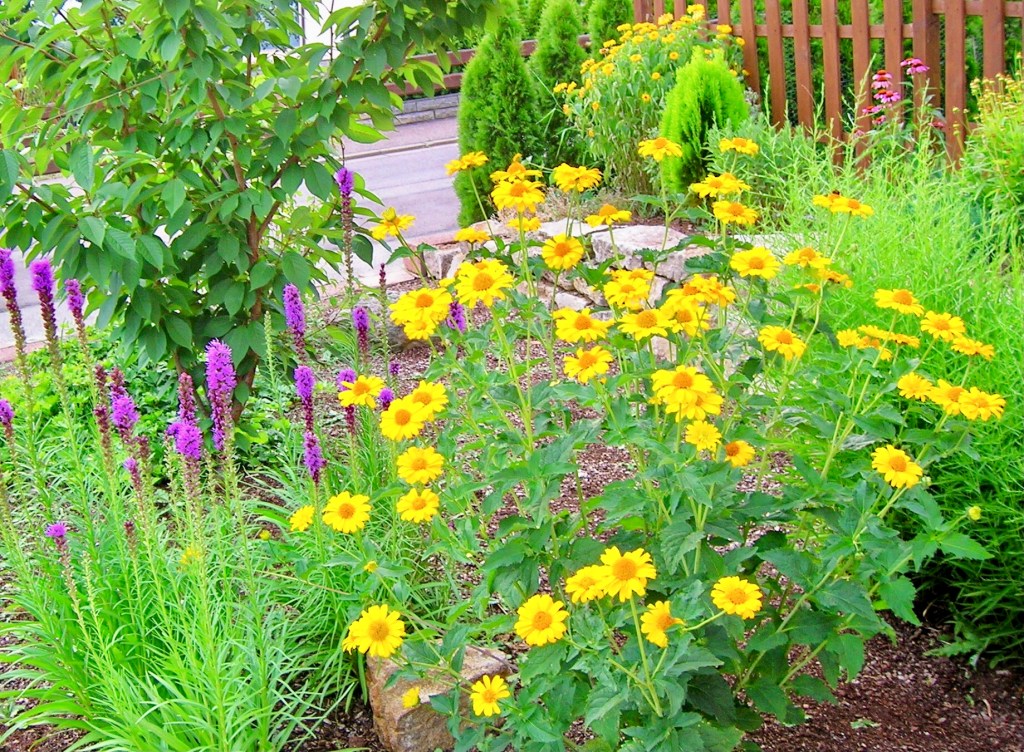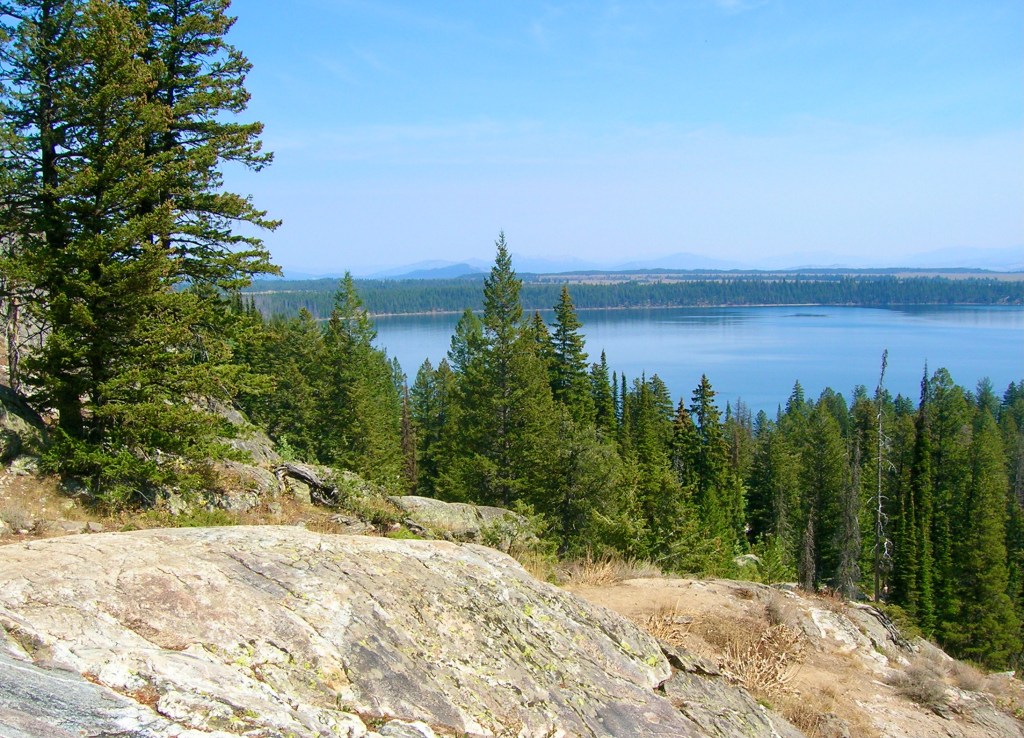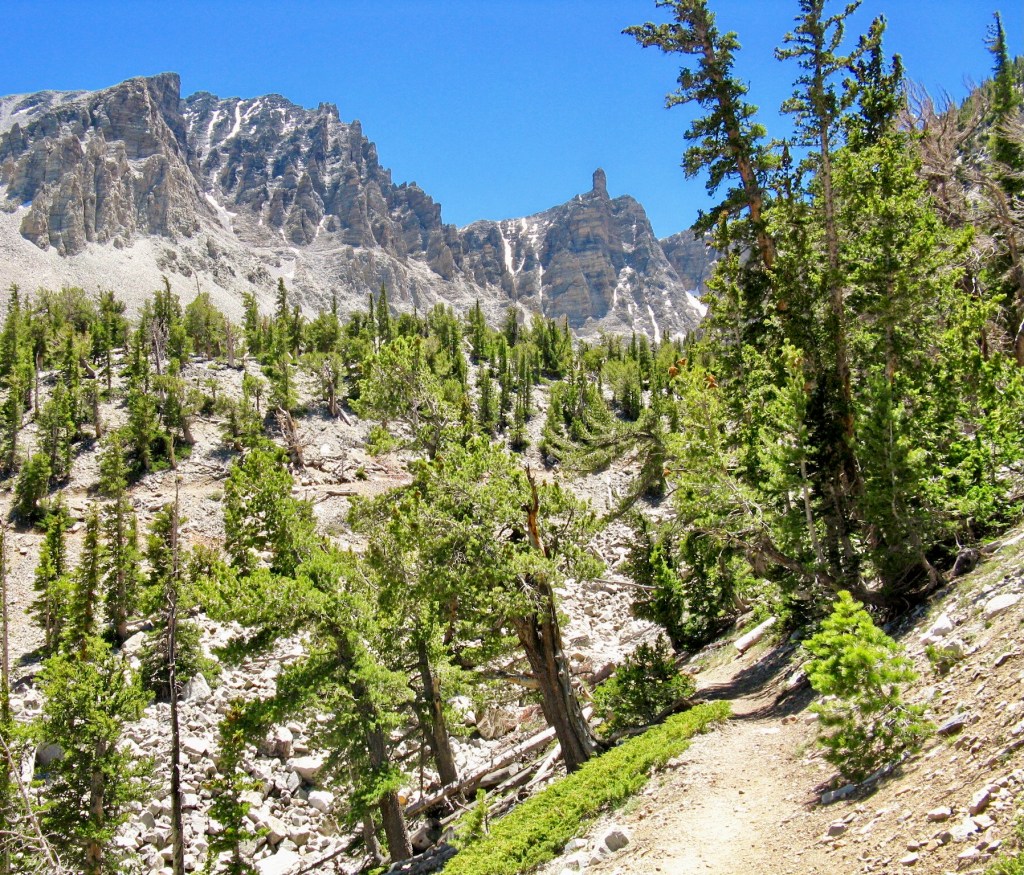
Have you ever noticed how a familiar smell can sometimes take you back to childhood? How the scent of roasting coffee beans can cause you to close your eyes and deeply inhale its lusciousness? And how the odor of stinky garbage consumes your attention until you can get rid of it? In addition to our sense of smell evoking memories and providing for pleasure or its opposite, its impact is surprisingly extensive.
The term smellscape was devised in 1985 by J. Douglas Porteous, Professor of Geography at the University of Victoria, British Columbia, to describe the totality of the olfactory landscape in a specific environment. It is a concept used liberally now, to characterize both urban and rural environments. For the purpose of this post, we’ll focus on the kind of scents that embrace you when surrounded by trees, flowers, garden veggies, ground cover, and other outdoor elements.

According to an article from Science Direct, various studies show that aromas, smells, and scents all set off bodily reactions, they serve as connections and codes, and produce new means of engaging with space; an odor often defines a setting. Further, smell is a crucial factor in how people experience spaces of health and wellbeing.

A Pub Med article entitled A Review of the Benefits of Nature Experiences: More Than Meets the Eye explains that the olfactory system is connected to emotions, and problems with that system can result in depression. The sense of smell affects mood, cognition, and behavior. This suggests a clear avenue through which nature benefits could be received via smell. I always feel elated when smelling Autumn leaves, fresh herbs, tomatoes on the vine, and night blooming jasmine, don’t you?

A write-up on Frontiers in Psychology tells us that pleasant natural scents can evoke the feeling of joy and have a calming effect. When separating the visual, auditory, and olfactory nature stimuli on stress reduction, smells seem to have a more profound effect than visual and auditory stimuli. So maybe when we are feeling stressed, walking through a sweet-smelling meadow could do more for us than listening to calming music.

In the early 1980s, the Japanese National Ministry of Forestry saw a need to decrease the pressures of modernization in the country, and began to promote forest bathing on its public lands. Shinrin-yoku, its proper name, involves mindfully walking through a forest, taking in the experience not only with your eyes and ears, but also your nose. Research shows that various pine trees produce olfactory compounds that positively affect blood pressure, heart-rate variability, salivary cortisol, alpha-amylase and oxygenation of the prefrontal cortex. (They also) stimulate immune system function, in particular the innate natural killer cells that are famous for destroying tumors and viral-infected cells. Three mindful hours spent in a forest can positively affect natural killer cells for up to 30 days, a 2010 study shows. I don’t believe any pharmaceutical could provide such significant benefit.

The smells of green landscapes offer an abundance of health advantages. If you enjoy the outdoors, you now have another reason to get out there. If time outside has never been your thing, maybe you’ll reassess. The delightful fragrances of our Primal Mother await you with perks.
Bouquets of Blessings,
Lisa
The content of this article is for educational and informational purposes only, and is not intended as medical advice. Please consult with a qualified health care professional before acting on any information presented herein. Any statements about the possible health benefits of any subject discussed have not been evaluated by medical professionals or the Food & Drug Administration and are not intended to diagnose, treat, cure or prevent any disease or illness.

Love the inspiration to get outdoors 🙂
LikeLiked by 2 people
Thanks for saying so – I’m glad you found it inspiring! 🌞
LikeLiked by 1 person
WOW!!! Beautiful site and scenes! Lovely!!!
LikeLiked by 3 people
Thank you, Lawrence! 🌞
LikeLiked by 1 person
🌞 You’re so welcome sunshine! Bless your heart and may all your photos inspire!
Thank you again and see you later!🌞
✝️🕊🙏
LikeLiked by 2 people
Thanks again! 🌞🙏🌞
LikeLiked by 1 person
Good Sunday to you my dear Sister Lisa! 🌞🙏🌞
I appreciate the opportunity very much and I hope all is well with you and yours!🙏
See you soon!
Brother in Christ Jesus,
Lawrence
LikeLiked by 2 people
The effect of nature on our well-being is proven by many studies. It is beneficial to children with educational problems and prisoners who are less likely to go back to crime when they are looking at the green fields from their windows instead of the brick walls.
The well-made point, Lisa.
Joanna
LikeLiked by 2 people
Thanks for your supportive comment, Joanna! 🌞
LikeLike
As you write well about interesting things, Lisa, you will always have my support!
Joanna
LikeLiked by 1 person
Your words honor me, Joanna. 🌞
LikeLike
I live in a very developed area. Nature at its finest isn’t close at hand. Nevertheless, when flowers are blooming I like to walk around my neighborhood and smell the flowers. Their scents are hard to beat.
LikeLiked by 1 person
Hi, Neil, I love the smell of Springtime, too! 🌞
LikeLiked by 1 person
Smell is definitely a valuable sixth sense! When we get in nature, we walk with with our noses in the air … to smell nature! I think of so many places where we have walked before – Spain and Portugal, during our Camino’s, where I smelled so many things (but why do I now only remembered the smell of food 😉) and in New Zealand we always smelled fresh & wet grass. Here in South Africa it’s mostly dry ground, but it smells like home 😊. Oh, and don’t forget about the spring flowers in September (though it gives me hay fever)! We always feels re-energised after a walk in nature … due to what we saw and smelled.
Your pictures are lovely as always Lisa, enjoy a great weekend 🌸.
LikeLiked by 1 person
I appreciate your sharing your experiences, Corna! And thanks for your kind words. Reenergizing indeed! Hoping your weekend is going well, too! 🌞
LikeLiked by 1 person
Wonderful post! Each of our senses helps us to experience and appreciate the natural world. Our sense of smell is so very important. I think of Lily of the Valley flowers…so fragrant, so intoxicatingly beautiful. Some scents are unique and cannot be replicated. Our sense of smell brings back a host of memories as well…think of a summer rain, the smell of woodsmoke from a cabin, the earthen smell of leaves as we rake them into piles.
LikeLiked by 1 person
Your comment has elements of the poetic, Linda, thank you! Enjoy your weekend! 🌞
LikeLiked by 1 person
I hope you have a good weekend also! 🙂
LikeLiked by 1 person
Forest bathing was what I did in the park in Naperville, although part of the area was prairie. I like to mountain bath as well. 🙂 When we get to our Wyoming cabin, the mountain air scent is just wonderful. I also love the scent of lavender. Some years ago when my s-i-l still lived in Provence, we drove through an area where they grew lavender. Even though it had been harvested already, the scent was still prevalent and delicious. I love the smell of coffee even though I don’t like straight coffee. The scent of rain is one I cherish more now that we live where it rarely rains. One of my best scent memories is from many years ago when we stayed in a motel on Nag’s Head. Our room had a jasmine plant in front of it. The scent was beyond description.
LikeLiked by 1 person
Hey, Janet, thanks for sharing your memories of lovely smellscapes. Agreed, mountain air is intoxicating, and I, too, began appreciating the rain once I got to Arizona! When I lived in South Florida, there was a huge night blooming jasmine by my building, and its bold fragrance was like no other I’ve known. The lavender fields sound other-worldly! 🌞
LikeLiked by 1 person
great post Lisa! the great outdoors and the smell of nature is the best! i use essential oils alot in my practice and for myself especially right now to keep spirits high in dismal times. xoxo
LikeLiked by 1 person
Hi, Cindy, thanks for your positive comment! I’m a big fan of essential oils, too, when I must be inside. In fact, I’m diffusing eucalyptus now to help with sinus issues! Hoping your weekend is a very good one! 🌞
LikeLike
Lovely series, Lisa!!
LikeLiked by 1 person
Hi, Jyothi, nice to see you! Thanks for your kind words. 🌞
LikeLiked by 1 person
How amazing the 30-day effects of spending time in a forest.
LikeLiked by 1 person
Hi, Rachel, I thought that was amazing as well! Enjoy the weekend! 🌞
LikeLike
Wonderful photos ~ and have to love the beauty and health benefits of being out in the wonders of nature. Great post!
LikeLiked by 1 person
Thank you! I appreciate your visit. 🌞
LikeLike
I lived for decades in a city. Whenever I travelled to rural areas, the fragrant air would hit me and calm me. Thanks for sharing!
LikeLiked by 1 person
Hi, Sue, I appreciate your sharing your experience! 🌞
LikeLiked by 1 person
What an enlightening post. I’ve never heard of the concept smellscape before, yet after reading your article, it makes perfect sense to me, as does the research findings on environmental scents and mood and health. An awesome post, Lisa. 😁
LikeLiked by 1 person
Thank you, Jeff. I’m happy you found the post enlightening! 🌞
LikeLike
Delightful reading. Not only smell, some sounds take us back in our life journey. For example when I hear sparrows chirping, I am taken back to my school days.
LikeLiked by 1 person
Thanks, Veena, and you’re right. All our senses can provoke memories. I appreciate your sharing your experience. 🌞
LikeLike
A lovely post, Lisa! Wonderful photos. Nature, including scents, has a calming effect. Scents tend to bring back memories just as music does. Thank you for sharing this. ❤ Have a great week!
LikeLiked by 1 person
Hi, Cheryl, thanks for your kind comment. Wishing you a lovely week as well! 🌞
LikeLiked by 1 person
Another fascinating element of nature we often overlook. I’ve grown to become quite tuned in to “urban” smells as they can trigger my wife’s migraines. Artificial perfumes, new petroleum based products etc. The interesting thing is we spend a lot of time in nature and never have those issues with those natural smells. Your comment regarding pine trees is spot on. I grew up next to a woods full of them and always enjoyed the first breath of fresh air when we left the house. Not as many of the pines in the forest we currently live in, but when we encounter one it always reminds me of my childhood. As usual, enjoyed your insightful post.
LikeLike
Yes absolutely, refreshing scents make me happy wherever I feel stressed.
Very informative post. Thanks for sharing! 😊
LikeLiked by 1 person
Thanks for reading! 🌞
LikeLike
You’re welcome! 😊
LikeLiked by 1 person
Love this post and the idea of a smell scape.
LikeLiked by 1 person
I appreciate your visit & kindness! 🌞
LikeLike
This is a wonderful post. Yes, a walk whose backdrop is the tang of wild garlic, the musky smell from a fungus-commandeered dead tree or an ozone-fest at the seaside is a walk that’s moved up a gear in re-charging our batteries. I hadn’t really thought of this, so thanks!
LikeLiked by 1 person
Hi, Margaret, thanks for sharing your thoughts! 🌞
LikeLiked by 1 person
Such a lovely post Lisa, thank you for the Bouquets of Blessings,sending bunches back your way 🌸💕
LikeLiked by 1 person
I appreciate your saying so, Hen! And thanks for the blessings! 🌞
LikeLiked by 1 person
I agree wholeheartedly. When I was 21 years old, I experienced a ruptured ovary due to a cyst. I had emergency surgery and was hospitalized for several days. My mother bought me a bottle of Chantilly perfume while I was there. After that, I could never wear that perfume again as it always reminded me of the hospital.
I very much appreciate aroma therapy and enjoy experimenting with different scents. Citrus energizes me and lifts my spirits. Lavender relaxes me.
We are blessed to have all of our senses.
LikeLiked by 1 person
Oh wow, Carla, sorry to hear you had to have surgery at such a young age. We are indeed blessed by the sense of smell as well as our other senses! Thanks for stopping by! 🌞
LikeLike
This is excellent information Lisa and lovely photos. Th olfactory system is a powerful connection to our past and to our healing. I appreciate this information, resources, and whole heartedly agree that the impact of nature is a powerful healer.
I always look forward to and enjoy your articles. I’ve gained many excellent insights and resources through your research, thinking, and sharing.
😊
Have a wonderful week ahead.
.
LikeLiked by 1 person
Hi, LaDonna, I am most grateful for your kind praise. And I’m thrilled you find my blog useful. (Your posts have taught me a lot as well!) Sharing the things I find inspiring is the reason I write. Hope your week is going well, my friend! 🌞
LikeLike
Aromatherapy has worked well as a mind settling technique in my yoga practice, Lavender and peppermint are currently my favorites. For some strange reason, I’m drawn as well to the smell of gasoline.
LikeLiked by 1 person
Funny you say that, I love the smell of gasoline, as well, but it’s so hard on the liver! I use quite a few essential oils, too: eucalyptus for diffusing when I have sinus issues, peppermint around my hairline when I have a headache, and lavender for foot massage before bed. More proof that our biology is tied in with the Earth! Have a great week! 🌞
LikeLike